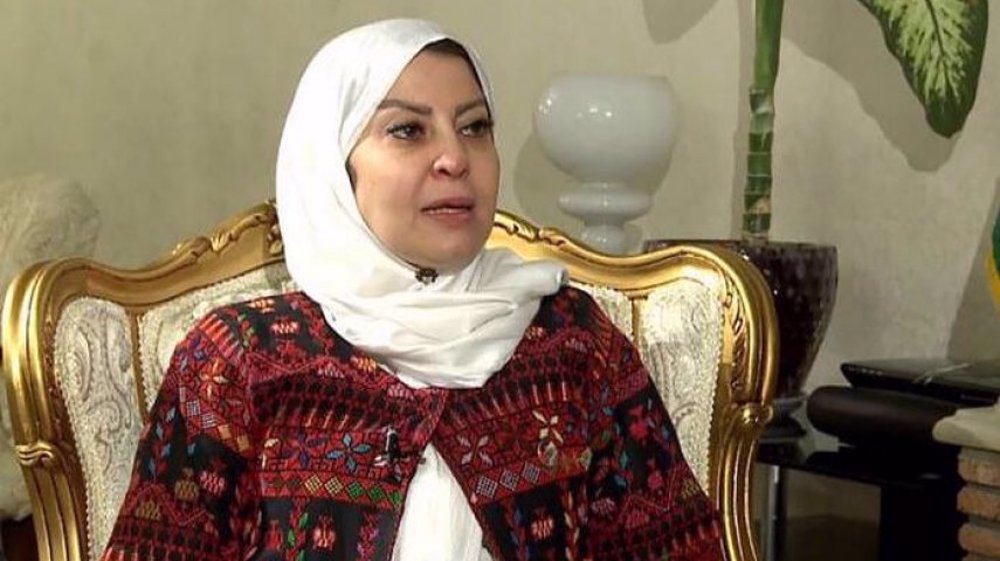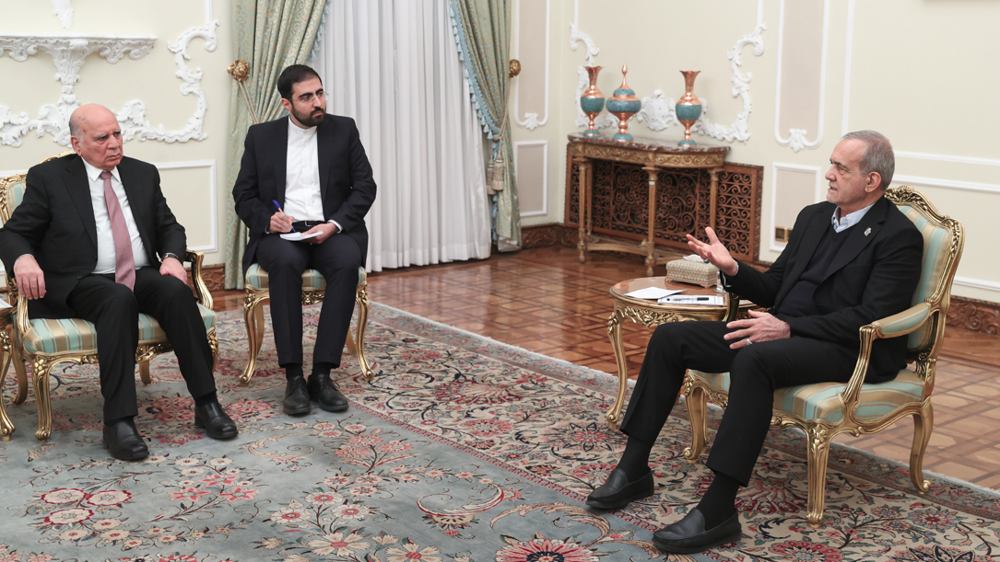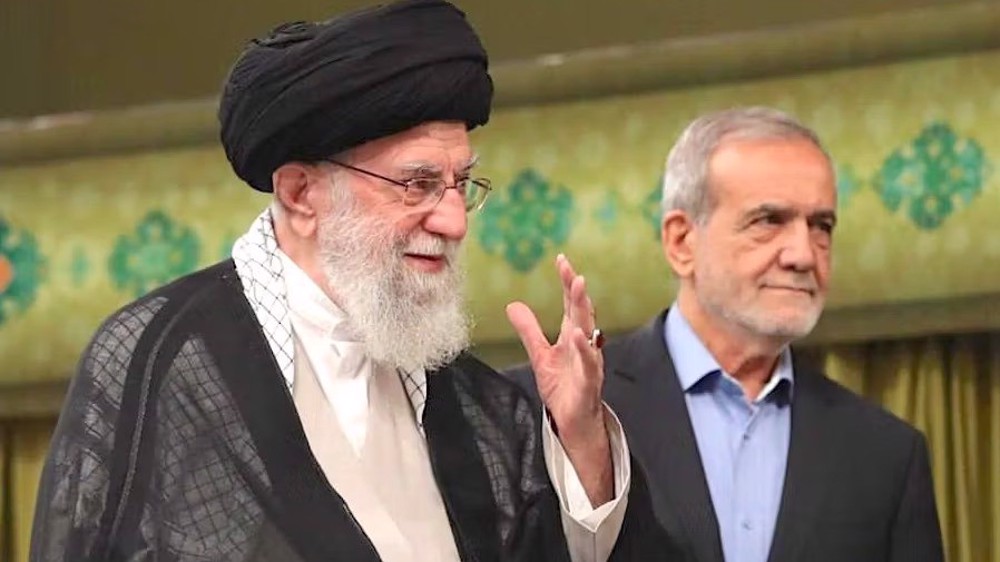Iran calls economic terrorism ‘emerging threat’ to sustainable development
Iran’s climate chief has denounced the Western sanctions against the Islamic Republic as economic terrorism, warning that such coercive measures are an emerging threat to sustainable development and hamper national efforts to improve the country’s air quality.
Ali Salajegheh, head of Iran’s Department of Environment, made the remark during a speech at the Climate Change Conference (COP27) in the Egyptian city of Sharm el-Sheikh on Tuesday.
Salajegheh said climate change is a challenge with serious implications for all countries around the world, and that resilience for developing countries is key to success in major areas such as mitigation, adaptation and capacity building.
“Economic terrorism as an emerging phenomenon and resorting to it as an instrument for pressure, constitute an emerging threat to sustainable development,” he told the COP27 summit, adding, “Unjustified and unfair coercive economic measures imposed on my country have targeted the wealth and welfare of our citizens.”
Pointing to international sanctions against Iran, Salajegheh stressed that the bans posed an obstacle for the country to access new technologies and resources to accelerate its journey towards a greener economy.
“Such measures have seriously restricted access to transfer of financial resources, new technologies, and essential means required to take effective national steps in mitigation and adaptation as well as to improve air quality,” the Iranian climate chief said.
“Additionally, unilateral, illegal sanctions stand in blatant contravention of global sustainable development agenda and the relevant multilateral agreements, and have ramifications that stretch far beyond our national territory,” he noted.
Salajegheh, however, said Iran has taken important steps in turning its path to development into a sustainable route in the face of such illegal pressure.
The COP27 climate summit in Egypt has gathered nearly 200 countries racing to strike a deal to steer the world towards cutting planet-warming emissions and scale up finance for countries being ravaged by climate impacts.
Back in May 2018, then-US President Donald Trump unilaterally pulled Washington out of the 2015 Iran nuclear deal, officially known as the Joint Comprehensive Plan of Action (JCPOA), and initiated the so-called maximum pressure campaign against Tehran despite its full compliance with the pact.
While the Biden administration had voiced willingness to undo Trump’s “failed” policy toward Tehran and rejoin the ailing deal, it has retained the anti-Iran sanctions as leverage since talks began last year in the Austrian capital of Vienna to bring the US back into the deal.
However, Tehran insists that all sanctions must first be removed in a verifiable manner before it reverses the “remedial measures” it has taken in response to the US withdrawal and maximum pressure policy.
VIDEO | Israel Gaza ceasefire violations
VIDEO | Gaza Solidarity Forum in Damascus calls for boycott of Israel over Gaza genocide
VIDEO | London memorial event highlights Gaza genocide
VIDEO | Press TV's news headlines
VIDEO | Istanbul demonstrators voice support for Iran amid US tensions
VIDEO | Israeli settlers attack Palestinian Bedouin community, injure 13
Palestinian Ambassador’s residence in Tehran attacked amid terror wave
Syria's HTS regime agrees to truce with SDF after its troops advance









 This makes it easy to access the Press TV website
This makes it easy to access the Press TV website